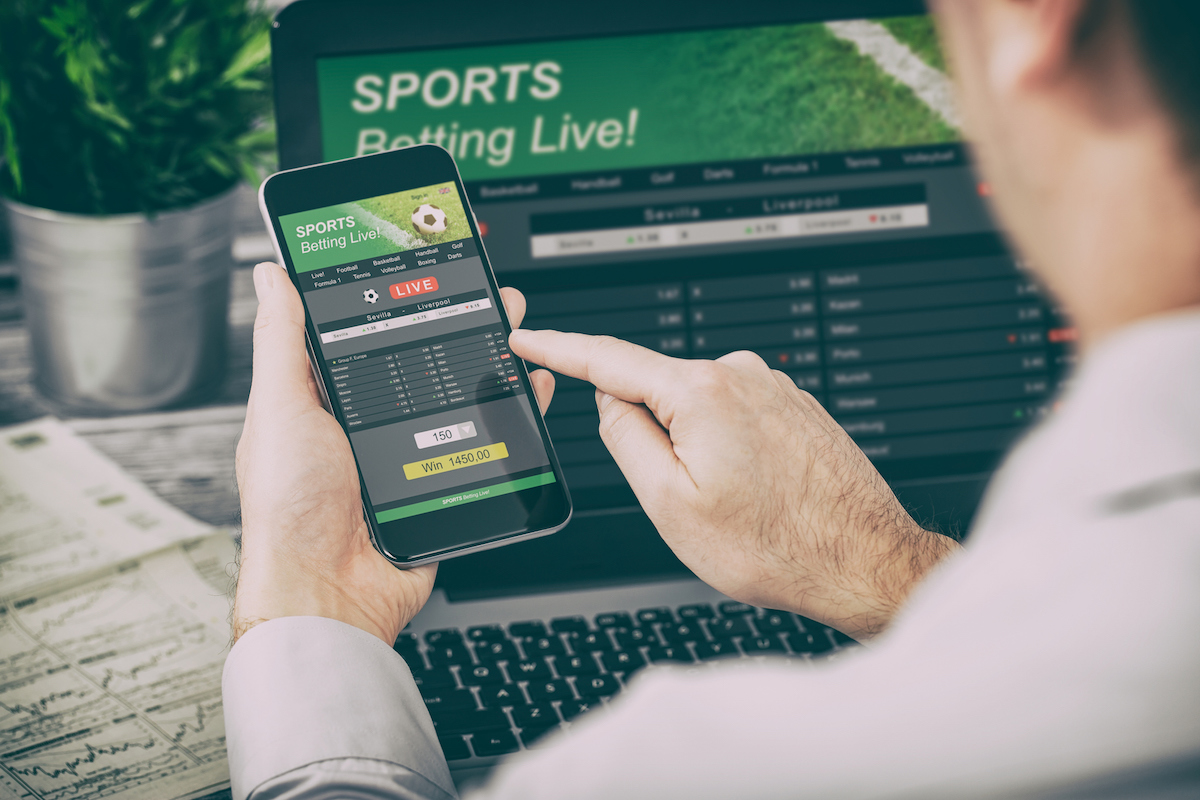<< Back
Gambling: When Does It Become an Addiction?

May 27, 2021
By Peter DeRosa
Lead Primary Therapist
and
Leah Russack-Baker, Primary Therapist
CarePlus, a Program of Natchaug Hospital
Addiction is most often associated with alcohol or other substances, but certain behaviors can become addictions too — such as gambling.
Some research suggests the COVID-19 pandemic has led to an increase in online gambling, mainly fueled by individuals isolated at home and financial troubles.
Living in Eastern Connecticut, many of us have enjoyed a night out at the casino, but gambling can become a severe problem when the urge becomes uncontrollable. Unlike a casual gambler, a compulsive gambler is unable to stop when they are losing or set limits. They are compelled to keep playing to recover their losses.
Many compulsive gamblers have an untreated mental illness such as depression, anxiety, post-traumatic stress disorder (PTSD) or obsessive compulsive disorder (OCD). There is also a strong link between compulsive gambling and substance use.
Most compulsive gamblers will say that gambling provides excitement — that they get a rush, sometimes referred to as an adrenaline rush. Others gamble to help overcome shyness, deal with isolation, numb unpleasant feelings or escape their problems.
You do not need to gamble every day to be considered a compulsive gambler, so how do you know if you have a problem?
Some signs include:
- Gambling with increasing amounts of money to achieve the desired excitement.
- Irritability when attempting to stop gambling.
- Repeated unsuccessful efforts to cut back or stop.
- A preoccupation with gambling (persistent thoughts).
- Gambling when feeling distressed.
- Borrowing money to gamble or to cover lost money.
- Continuing to gamble after losing.
- Lying to conceal extent of gambling.
- Losing a job, relationship or career over gambling.
- Relying on others to provide money to relieve financial problems caused by gambling.
On top of COVID, sports gambling is expanding across the country, adding to the temptation.
The good news is that there are multiple treatment options for compulsive gambling. Outpatient therapy, medication and self-help groups can provide support.
Natchaug Hospital, part of Hartford HealthCare Behavioral Health Network, has staff members who are certified to treat compulsive gambling, utilizing the Department of Mental Health and Addiction Services (DMHAS) and Disordered Gambling Integration (DiGIN). Clinicians are trained to help in the assessment process and provide successful interventions to manage gambling problems.
Natchaug Hospital offers mental health and addiction treatment for children, adolescents and adults through a network of community-based programs in Danielson, Dayville, Enfield, Groton, Mansfield, Norwich, Old Saybrook, Vernon and Willimantic.
For more information, please call 1.800.426.7792 or click here.